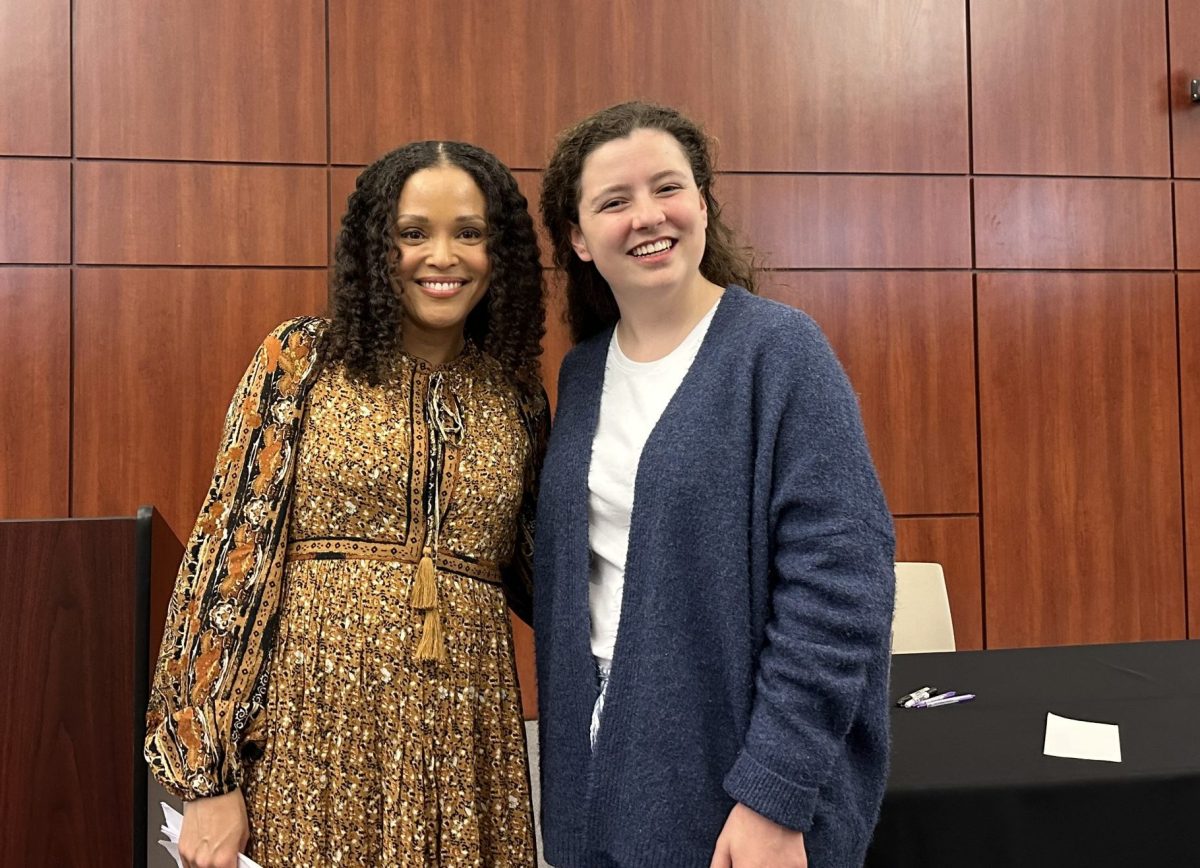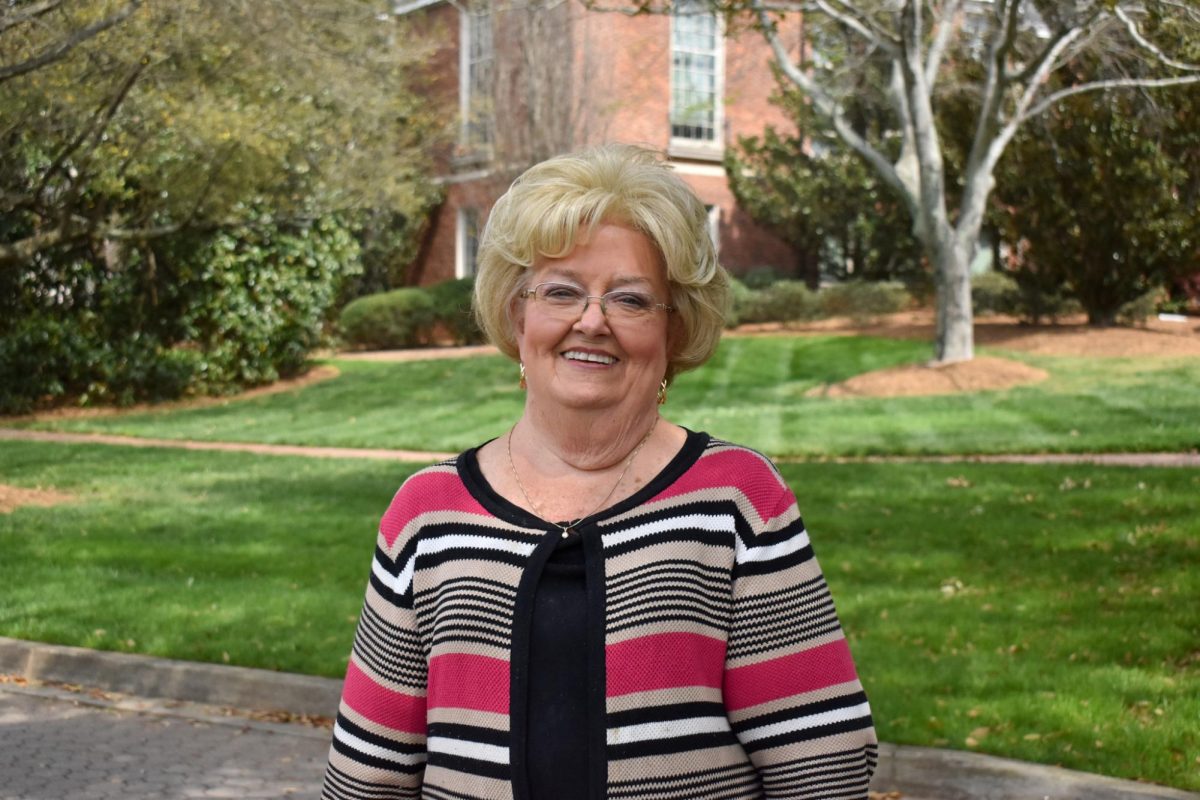Netflix’s documentary on infamous serial killer Jeffrey Dahmer, entitled “DAHMER – Monster: The Jeffrey Dahmer Story,” is the latest installment reflecting our society’s obsession with True Crime—media about real and, oftentimes, violent crimes. The docuseries, starring Evan Peters as Dahmer, has ten episodes that are fifty minutes to an hour long.
While the docuseries has been praised by some critics for its actors’ performances, it has also been subject to much backlash and a revived cultural debate as to the moral dubiousness of consuming True Crime content.
The initial backlash began due to the fact that the docuseries was originally tagged as “LGBTQ,” since Dahmer was gay and targeted males. Netflix removed the tag on Sept. 23, 2022, due to widespread backlash.
Netflix also faced widespread criticism after family members of the victim spoke out against the docuseries, claiming Netflix had not asked for their permission. Thus, the families found out about the series at the same time as other Netflix users, and did not receive any financial compensation. The families added that the popularity of the docuseries forced them to relive the trauma of losing a loved one in such a tragic and public way. In episode eight, entitled “Lionel,” Netflix recreated the victim impact statement given by Rita Isbell, the sister of Errol Lindsey, whom Dahmer murdered in 1991. Isbell spoke about the documentary in an interview with Insider, stating, “I was never contacted about the show. I feel like Netflix should’ve asked if we mind or how we felt about making it. They didn’t ask me anything. They just did it.” She further added, “It’s sad that they’re just making money off of this tragedy. That’s just greed. […] The episode with me was the only part I saw. I didn’t watch the whole show. I don’t need to watch it. I lived it. I know exactly what happened.”
Despite the backlash, the series was very successful. The series “topped the English TV List for the second week in succession with 299.84 million hours viewed, making it the second most-watched English-language series in a week behind Stranger Things 4,” as reported by Forbes. Despite the controversy surrounding the making of the docuseries, though, many people were still interested enough to tune in.
In addition to controversy regarding Netflix’s labeling and the fact that the families of the victims were not contacted, the docuseries also sparked a wider conversation about the ethics of consuming True Crime content in and of itself. There is a multitude of True Crime podcasts and Youtube channels that have become increasingly popular, but this popularity has come with criticism of its sensationalism and disrespect toward the victims’ families. Furthermore, some fans of True Crime develop a sexual attraction to people who have committed violent crimes which is a phenomenon described as hybristophilia.
This attraction to serial killers is not new. During Ted Bundy’s trial in 1979, he received dozens of letters from adoring fans professing their love for him and sending him explicit photographs. Some even attended his trial, hoping to attract his attention. The only difference is that now, with social media websites such as Twitter and TikTok, people have a public platform to share their attraction to serial killers.
I do not believe there is any issue with consuming True Crime content; however, with the genre becoming so popular in recent years, it is important for us to consider how we can ethically consume this type of content. Ethical consumption of True Crime content is incredibly important in order for us to ensure the victims’ families are being respected as they grieve losing a loved one in such a horrific way. For us as consumers, this includes not engaging in the fanatic behavior demonstrated by people who lust over serial killers, as seen in the above Twitter screenshot. Moreover, we should avoid engaging with media that sensationalizes the crimes, rather than adhering to the facts of the case. The responsibility also falls on the producer to obtain permission from families of the victims, respect their wishes, and ensure they are not sensationalizing the facts of the crime. Both the producer and the audience have a responsibility to remember the harsh reality that these violent crimes were inflicted upon real people, and the families of those victims are still mourning their loss. While telling these stories, we must avoid inflicting further harm on those affected by them.


































